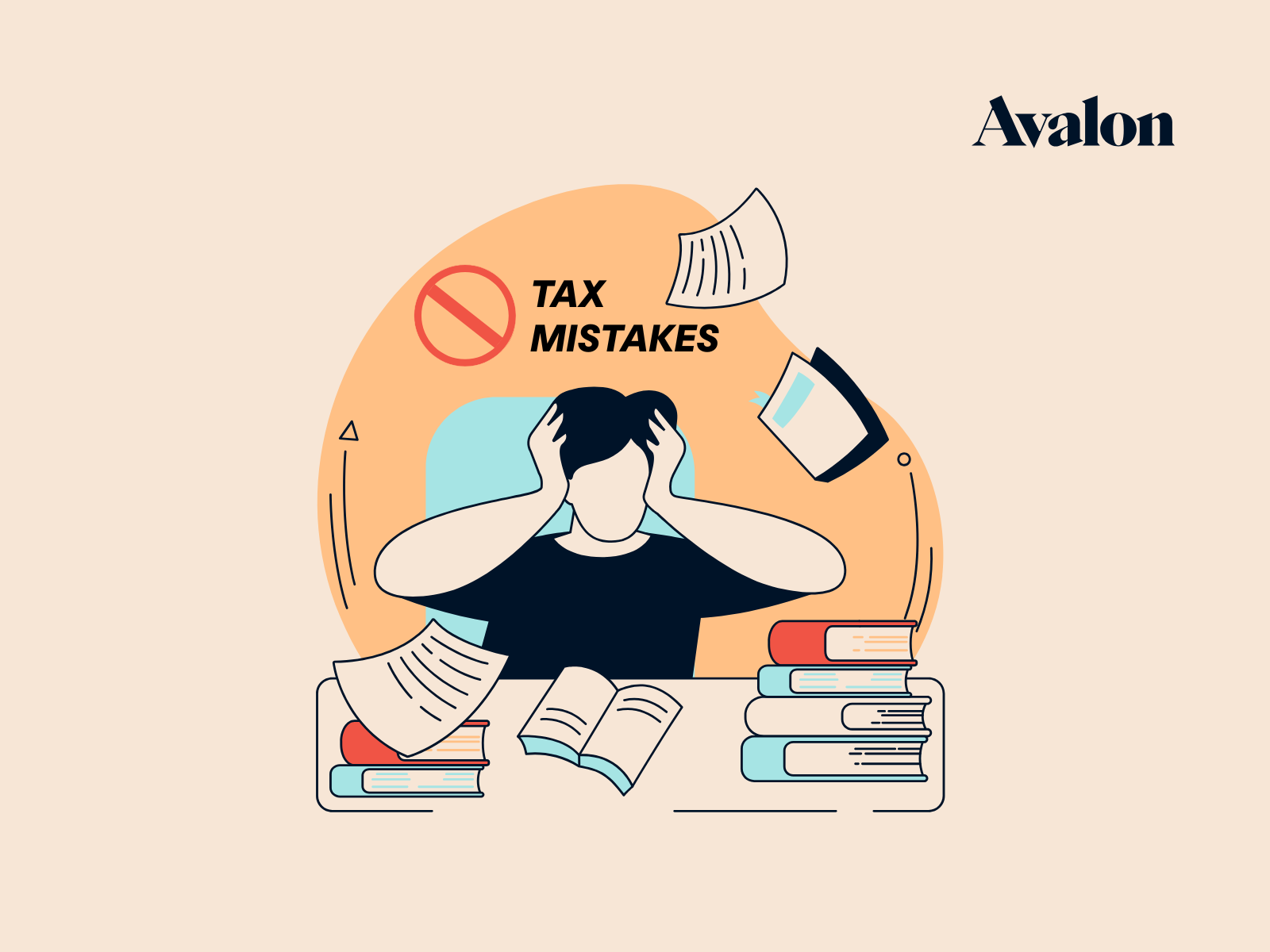These elements feed off each other. They create a ripple effect and each element bolsters the other.
1. Time
There are times in a business’s life cycle where there is more to do than time in which to do it. That is a law of the start-up. The trap that many business owners fall into is that they think this is the norm for business after 2-3 years of existence. It shouldn’t be.
In the first 2 years, you should expect to put sweat equity into your business. You will do things and learn things that are outside of your wheelhouse, because you do not have the cash to pay for them. This is a strength. The early-stage business owner will do some uncomfortable things and learn a lot in the process - not least of which is to value every aspect of what it takes to run a business.
After 2 or so years of this you will face burn-out. I heard somewhere that most businesses fail because the owner just can’t keep going. There’s too much to do for too little money. I am not totally sure if that’s true, but it does resonate with me. After 2 years of doing lots of things moderately well, I welcomed the switch to focus on my areas of strength and continuing to do things where I was weaker would have left me wondering, “why don’t I just get a day job with a steady pay cheque and fewer hassles?”
A successful business will give you more than just money, it will give you more time. It’s up to you to take this time and do with it what you like. You may choose to start another business or rediscover a hobby or other passion, or spend more time with your family or friends. Time for me is a synonym for choice. You can now choose what to do with the extra time granted to you by a thriving business.
2. Money
I read a great post from the founder and former CEO of Xero, Rod Drury. He was recounting some tips for starting your business.
Namely, “Don’t Be In It For the Money.”
His point here being that unless you have a bigger purpose, doing it for the money will not get you through the hard times.
That being said, he also suggests you should “Be In It For the Money”. I totally agree. Yes, you need to have the passion and purpose behind your business, but you also need to pay attention to the dollars. A business that loses money year-after-year-after-year is not a business; it’s a hobby.
One of the key principles I try to instill in our clients is that you are separate from your business. Your business is a separate being that needs care and nurturing early in its life, but also needs to live and breathe on its own one day. Its life-blood is profit. If you are not doing it for the money, you are setting yourself up for a disaster. There should be no apologies about having a profitable business.
**For those of you that think this is obvious, you are 10 steps ahead. I was at a retreat with 9 other business owners last year and when I mentioned this concept about 55.5555% had guilty looks on their faces.
One also confessed that he put as many personal expenses through his business as possible without being caught. Makes my skin crawl, but that may be a whole separate post on why this is such a bad idea!
Another key principle is that the owner deserves a salary for the work that they do. Again, this may not happen early in the business's life, as you will be putting in sweat equity, but within the first 2 years, you should be compensated for the work you are doing in the business.
If you aren’t, you are likely in a common scenario where the business is losing money, but you are veiling that by not taking a salary. It’s a recipe for burnout and makes fiddling with your compensation more likely - “I deserve a new vehicle; I’ll run it through the business.”
Okay, I have mentioned this a couple of times now - maybe you noticed - sweat equity. What is it?
There are a few ways to fund your business in the early stages (your money to pay others to do the work is another way, as is using other people’s money) and this is the most effective. This is where you put your time into figuring out the business - how it works, what you sell, who your customers are, how to reach them, etc.
You put in your time with little or no monetary compensation, but you build equity through your time understanding the business. This is your down payment on future passive income. Once the business is operating well and casting off profits year-after-year, you will receive your compensation for this work: dividends.
3. Purpose
The final component to a thriving business in my books is purpose. This is the final piece to the happiness puzzle and makes all the hard work worth it. This may conjure up some pretty lofty ideas of saving the world, ending hunger, or establishing world peace, but that’s not exactly what I mean here.
Purpose for me can be large or small, local or global, and is individual.
This may work better with an illustration. Here at Avalon, our mission is to help businesses thrive. We can dig deeper into this, but this is the statement that motivates us.
Our purpose comes from an understanding that business can make the world a better place through conscious commerce. They employ people, build communities, create new technologies, and have the power to build a better world.
We also understand that many potentially successful businesses fail through burnout or sometimes just sheer administrative burden. What gets us up in the morning is that we can help with this problem and that, by doing so, can make the world better in our own small way.
How it all comes together
If You Have Time, Money and Purpose, You can move mountains.
When I think of having money, I don’t automatically think of the consumables I could buy. I like to think about the other avenues that we could reach with our mission - educating kids on managing finances or starting businesses, grants or start-up programs. That motivates me to ensure our core business is profitable.
When I have time, it means I can take care of myself. I can do the basic things I need to do to live a high-quality life - spend time with my family, cook, bake, garden, exercise, watch a show. I can come to work fully present with fresh ideas on how we can pursue our mission. I can use my work time for maximum production.
When I have a purpose, it all comes together. I am more motivated to do my best work, to push a bit harder, and to move in a common direction. Selfishly, this makes me more happy, but that’s just a byproduct of helping others. It’s a win-win.
How about you?
What do you think? Have I covered the bases here? What makes up a thriving business to you? Drop us a line.
Interested in how we work with small businesses like yours? Break the Ice. We’d be happy to sit down and tell you more.












